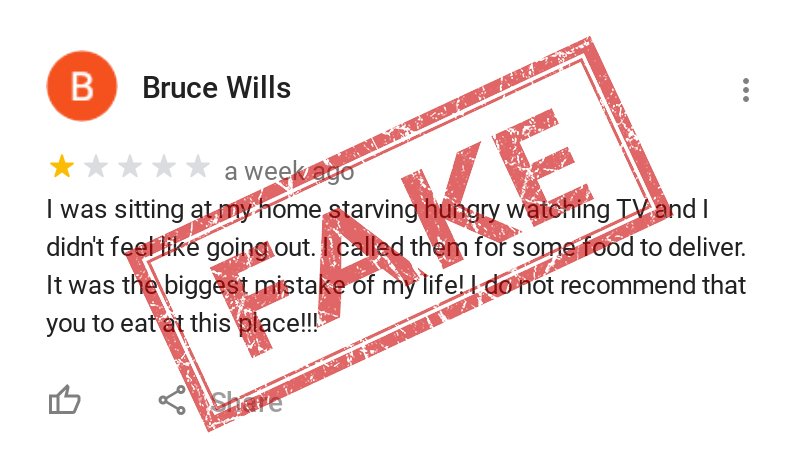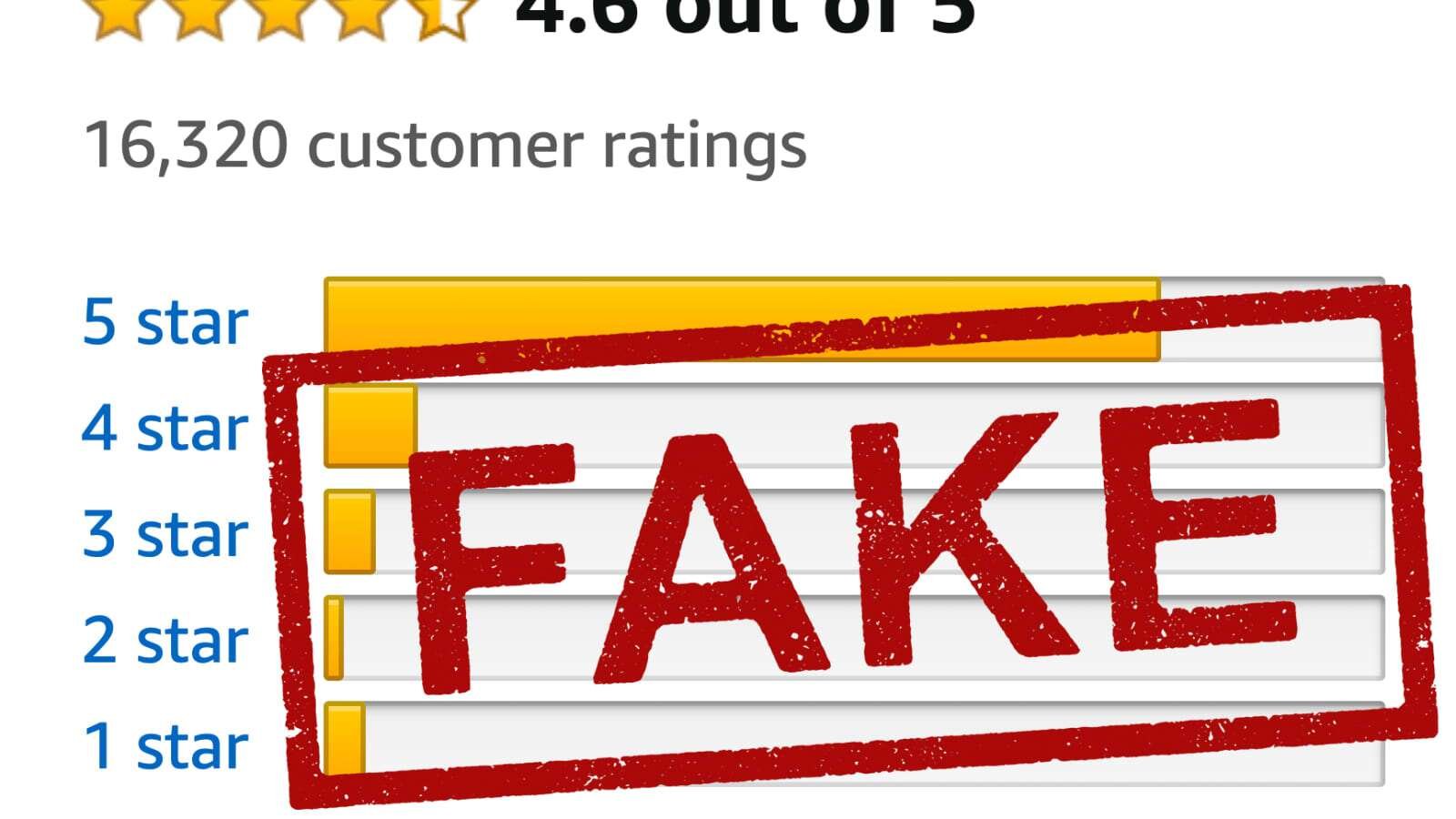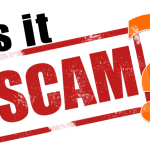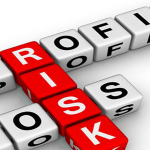The dictionary defines a review as “an account intended as a critical evaluation of a text, an establishment, an experience or a piece of work.” Reviews are very important part of the buying or purchase process for every consumer.
What happens when these reviews are made to manipulate our views? Because these reviews are meant to assess how trustworthy and legitimate a business is through the various collective experiences of others.
Trust in this day and age is a surprisingly rare commodity and these false reviews are not making it any easy.
Now we know that fake reviews have become a major concern among customers and the general public alike.
According to a report carried out, most customers are afraid of brands whose censorship of their online reviews impacts their freedom of speech and causes them to waste money they do not have.
Fake and false reviews are the most undesired behaviors on the internet with majority of the general populace wanting them to be removed.
Between January to September, Most Countries were reported to have lost approximately 5.2 Billion Dollar to fraud.
If this sounds interesting, then check out the resources below to educate your self:
- What exactly is a Spam Mail? & How can I avoid them (Safety Guide)
- How Scammers take Advantage of the Holiday Seasons
- How to Recognise Phishing Scams and also Avoid Them
And with the scale, scope and sophistication of these review frauds increasing each year and with the year coming to an end, I’m pretty sure those numbers have increased higher than the earlier mentioned figure.
For customers who may be worried about review fraud impacting their buying decisions, by understanding the scope and possible scale of review fraud, they can start protecting themselves.

Fake Reviews come In varying forms no website is completely impervious to fake reviews.
Whether the website has an integrated platform or just a regular third-party review site, fake reviews will always slip through the cracks.
These “Fake” reviews can range from the “bought” reviews to sophisticated schemes aimed at increasing ratings and reducing negative reviews.
There is a certain case about fake reviews that involved a company making/selling a particular commodity where the CEO instructed every employee to leave five star reviews on a particular third party website and also on the company’s main website.
The reviews included; contradicting real negative reviews about the product, dropping negative reviews about other products, putting up good reviews and subsequent threads to support the claim.
When it was revealed that the company’s product causes certain resurfacing health issues when one stopped using the product. It was such a big scandal, lawsuits were filled, the case was in the courts for months on end.
Testimonies were heard, settlements were paid and so on. All leading back to “systematic fake reviews” to change the public’s perception of a particular product or service.
It is understandable, one should feel frustrated after wasting a substantiate amount of money on a supposed “five-star” product or service with fake reviews because some review scams tend to influence a lot more than just expensive transactions with long term implications.
Let’s look at lending financial institutions i.e. Fintech companies – loans. A particular loan company was deceiving consumers into believing so called accurate reviews of their financial products, personal loans, small business loans, student loans, when in reality the reviews were actually based on pay-to-play.
- Must Read: Popular COVID-19 Scams and How to avoid them Instantly
According to the reports gotten, the so called reviews on the Fintech company in question were based on payment gotten from the companies that guaranteed that said Fintech company will be the top of the line and not on genuine true customer experience.
In most cases, the businesses aren’t always the deceiver – don’t get me wrong, sometimes the review scams and/or fake reviews are weaponized by customers. Let me spot an instance in 2020, based on a report on Trustpilot.
The Honey Pot’s have a profile on Trustpilot. In February, “Target ran an advertisement during Black
History Month highlighting The Honey Pot, a feminine hygiene company, and praised the black founder, Bea Dixon, for her success in the competitive health and beauty market”.
According to reports, some angry consumers then overwhelmed The Honey Pot’s company profile page on Trustpilot and expressed their anger at the advertisement.
Many of those reviews were not even based on experience with the company and even had racist language, abuses and so on all violating all forms of User Guidelines on the platform.
Trustpilot, the website in question worked with The Honey Pot to clear out those fake reviews and clear their names.
- Trending article: How to Easily Spot Fake Scam Reviews on Top Trending Review Websites
Then another thing, not all review fraud or fake reviews are meant to be complex or big scale operations.
Sometimes businesses can attempt to manipulate their ratings on various review sites easily. With as small as a credit card businesses can buy reviews for various big name review sites.
In most countries, people are paid to give false reviews, that’s how bad the system is.
How to Spot Fake Reviews

Detecting these fake reviews isn’t an exact science, it usually requires some in depth digging on the part of the review platform and the systems put in place to check them.
Some ‘on the nose’ means of identifying fake reviews are;
- Reviews that purposefully try to shape or manipulate your view towards a particular commodity or service.
- Reviews that do not show a real identifiable experience.
- Suspiciously good looking reviews need you to look twice at them.
- Now, if a good review follows a bad review almost immediately chances are it is a paid review placed there to cover up the bad one.
- Reviews from unverified individuals.
We do you know what the holidays and fake reviews have in common? They are rampant during this time of the year.
Now with that said, these so called five star reviews will always be an issue, the best we can do as customers is try our best to spot them and not fall victim to them as things tend to go horribly wrong when we do, especially as the year comes to an end.
Be vigilant watchful, Have a holly jolly Christmas and take care and stay safe.
See what others are Reading about Scam:
- Explained: The New Coronavirus Scams & How to Avoid them
- Must Read: Top 3 Risks of Subscription Sharing Platforms
- Everything you need to know about Romance Scam (Dating Scam) – Safety Guide


